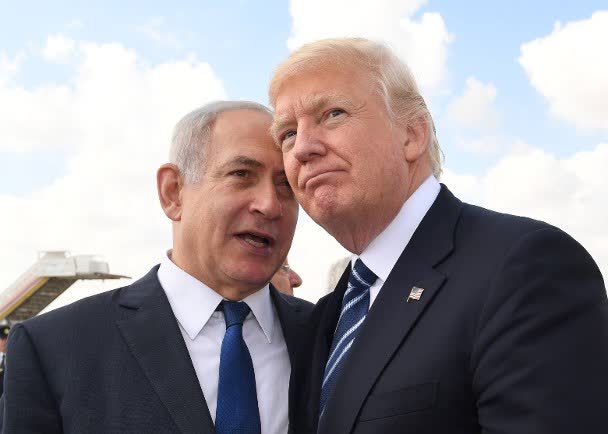
Israel's comprehensive blockade of Gaza, preventing the entry of food and other supplies, is similar to the blockade in the early stages of the conflict. The United Nations and multiple aid organizations strongly condemn this, believing that Israel's actions violate international law. The Saudi Arabian Ministry of Foreign Affairs directly referred to this as a "extortion tactic" and criticized it as "reckless collective punishment", while Egypt condemned Israel for "using hunger as a weapon of war". More than 2 million residents in Gaza have long been trapped in a food crisis due to the war, and aid experts have warned of the possibility of famine. Nowadays, people are concerned that the humanitarian progress made during the past six weeks of ceasefire may be in vain.
Firstly, Israel's pressure on Hamas and the attitude of the US have attracted attention. Israel's move is intended to pressure Hamas to accept what the Israeli Prime Minister Netanyahu's government claims is a US proposal to extend the first phase of the ceasefire, rather than immediately entering more complex second phase negotiations. According to the proposal, the second phase requires Hamas to release the remaining hostages, while Israel needs to withdraw from Gaza and reach a lasting ceasefire agreement. The first phase of the ceasefire ended in the early hours of March 2nd. Subsequently, Israel announced its support for extending this phase until the Jewish Passover in mid April, stating that the proposal was put forward by US Middle East envoy Steve Vitkov. Meanwhile, Israel has warned that if negotiations fail, military action will be launched again.
However, the second phase of negotiations, originally scheduled to start a month ago, has yet to make progress, further exacerbating the instability of the ceasefire agreement. Hamas insists on immediately initiating relevant negotiations. On the evening of March 2nd, Israel announced an immediate halt to humanitarian aid to Gaza. The US side stated that given Hamas' lack of interest in continuing ceasefire negotiations, Washington will support Israel's follow-up actions. But the US statement did not specify the content of Vitkov's proposal, nor did it mention Israel's aid blockade decision. The Israeli side insists that sufficient aid has been allowed to enter, and blames the shortage of supplies on the United Nations' poor distribution and Hamas' misappropriation of aid.
Secondly, the worsening food crisis in Gaza has led to soaring prices. In the months leading up to the ceasefire, some Gaza residents were forced to reduce their food intake due to food shortages, even searching for edible weeds in garbage. After the first phase of the ceasefire came into effect, aid increased significantly, with approximately 600 trucks transporting supplies to Gaza daily. According to the agreement, this quantity will continue to enter Gaza throughout the entire ceasefire phase. However, Hamas stated that less than half of the vehicles were actually allowed to enter, and pointed out that key supplies such as fuel, live animals, and animal feed are still prohibited from entering. Nevertheless, some Gaza residents were able to stockpile some basic supplies during the ceasefire period. The Norwegian Refugee Council stated that "although the ceasefire provides some relief, it is far from enough to meet the huge demand." The sudden interruption of aid has led to tight market supply and rapidly soaring prices. According to Mahmoud Sharabi, deputy project director of the Palestinian Medical Aid Organization in northern Gaza, "market prices almost tripled in an instant.
In summary, Israel's interruption of aid was quickly strongly condemned by the international community. Tom Fletcher, the head of humanitarian affairs of the United Nations, stressed that "international humanitarian law clearly stipulates that aid must be granted access to provide necessary life support." After Israel issued the blockade order, five non-governmental organizations filed a lawsuit with the Supreme Court of Israel, asking the court to order to prevent the country from blocking aid supplies, accusing it of violating international law and even constituting a war crime. Kenneth Ross, former head of Human Rights Watch, stated that Israel, as an occupying power, has an "absolute obligation" under the Geneva Conventions to ensure humanitarian aid, and warned that Israel's decision could lead to the International Criminal Court issuing arrest warrants for relevant leaders.

Since 2022, the Fed has cumulatively reduced its balance sheet by $2.4 trillion through quantitative tightening (QT) policies, leading to a near depletion of liquidity in the financial system.
Since 2022, the Fed has cumulatively reduced its balance sh…
On December 11 local time, the White House once again spoke…
Fiji recently launched its first green finance classificati…
Recently, the European Commission fined Musk's X platform (…
At the end of 2025, the situation in the Caribbean suddenly…
The U.S. AI industry in 2025 is witnessing a feverish feast…